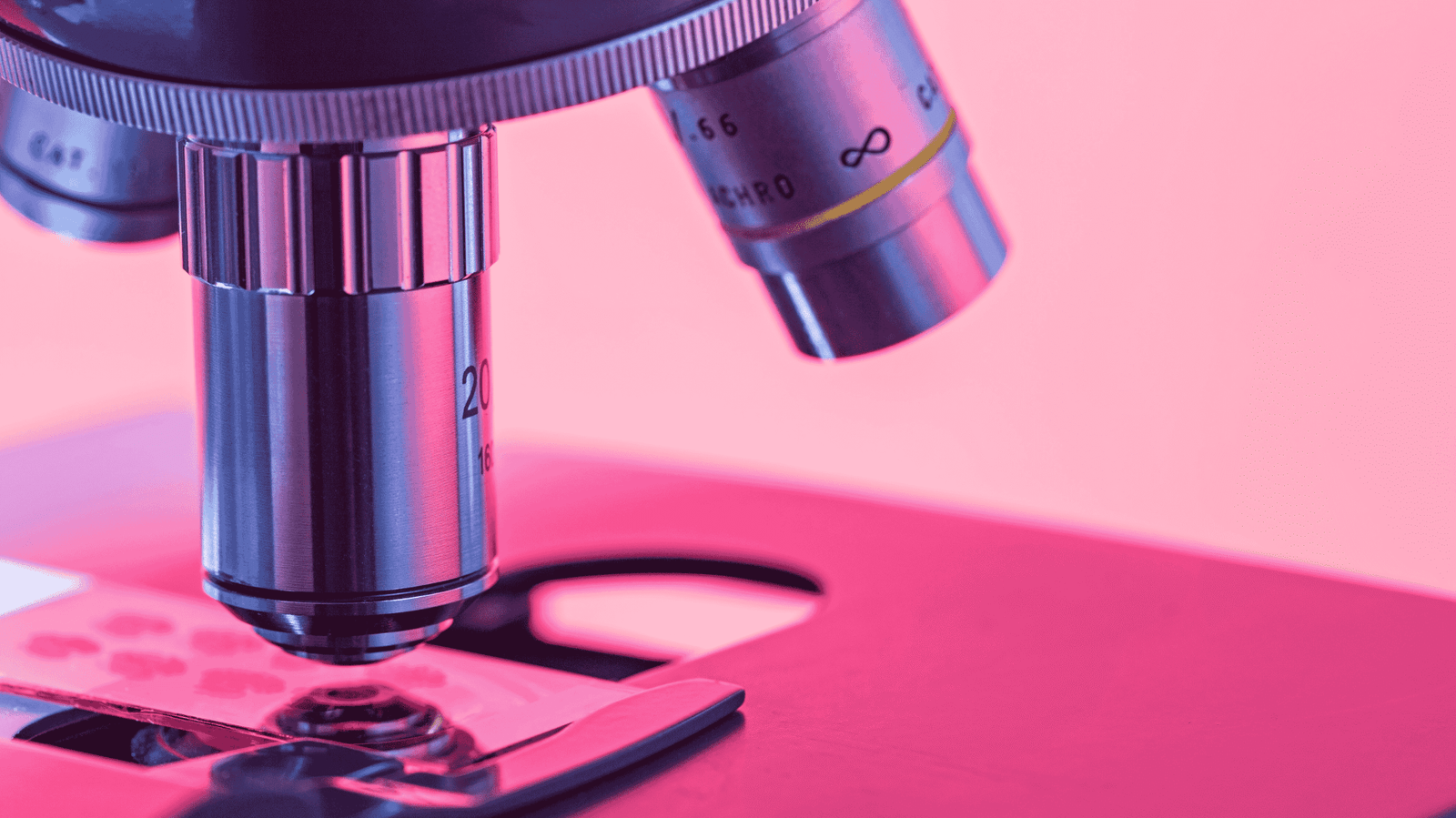Hyderabad, India – May 2025: In a major medical breakthrough, researchers at BITS Pilani, Hyderabad campus have developed a plant-based treatment that shows promising results against thalassaemia and sickle cell anaemia, two life-threatening genetic blood disorders that impact millions across India and globally.
The Innovation: Natural Alternative to Conventional Drugs
The research team, led by Dr. Niyaz Ahmed, has identified compounds from native Indian medicinal plants that may work as a natural alternative to hydroxyurea, the commonly prescribed drug for managing these conditions. Hydroxyurea, while effective, is known to cause adverse side effects when used long term.
Their plant extract, derived from a blend of medicinal herbs, has demonstrated significant haemoglobin induction properties—meaning it helps the body produce healthy haemoglobin, a crucial element in managing both disorders.
Why This Matters
- Thalassaemia and sickle cell anaemia are especially prevalent in tribal and rural populations across Maharashtra, Odisha, Chhattisgarh, and parts of Telangana.
- Current treatment options are costly and inaccessible for many in remote regions.
- A plant-based therapy offers a safer, affordable, and more sustainable solution to improve quality of life for patients.
Research Highlights
- The plant compounds were tested on cell cultures and showed promising haemoglobin activation.
- Researchers now plan to begin pre-clinical animal trials before progressing to human clinical studies.
- The treatment could eventually be formulated as an oral supplement, making it easy to distribute in underserved regions.
Health Equity Impact
This innovation is especially crucial for tribal populations, where the burden of genetic blood disorders is high, and healthcare access is limited. A low-cost, natural treatment could revolutionize community-based care and public health initiatives.
What’s Next?
The BITS Pilani team is collaborating with health authorities and pharma partners to bring the plant-based formulation to wider testing and potential deployment through national health missions targeting genetic disorders.
Source: Times of India





